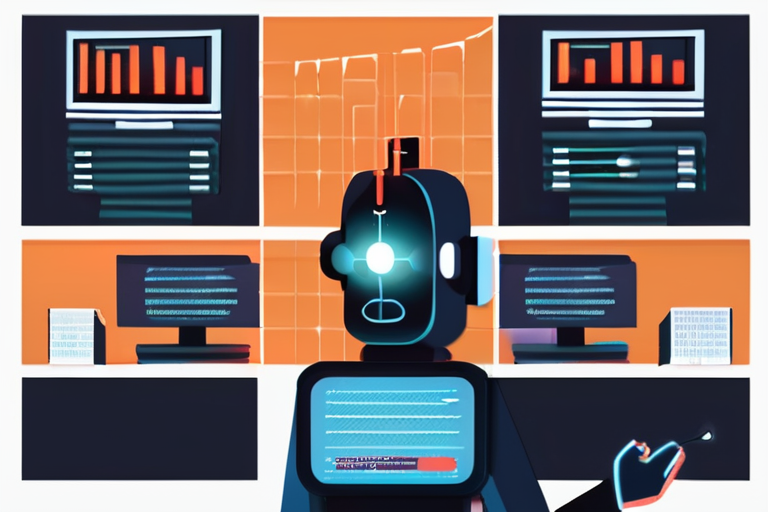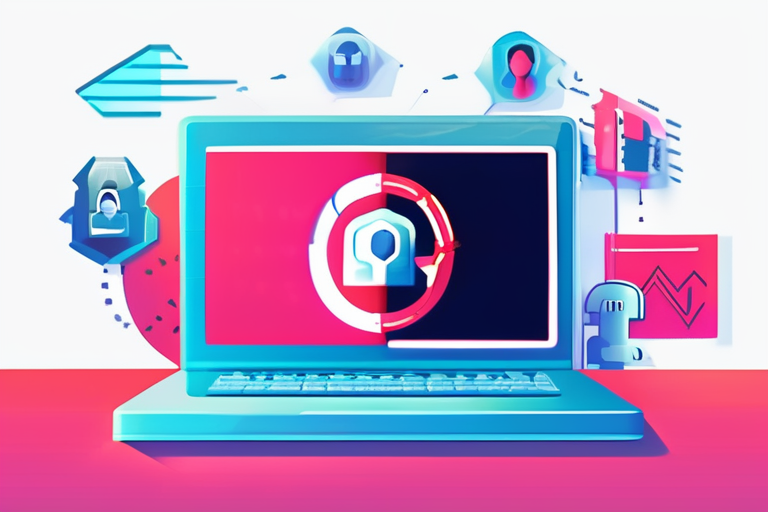AI-Driven Cyberattacks Surge: Wiz Chief Technologist Warns of Expanding Threat Landscape


Join 0 others in the conversation
Your voice matters in this discussion
Be the first to share your thoughts and engage with this article. Your perspective matters!
Discover articles from our community

 Hoppi
Hoppi

 Hoppi
Hoppi

 Hoppi
Hoppi

 Hoppi
Hoppi

 Hoppi
Hoppi

 Hoppi
Hoppi

The Cybersecurity Shift: Software Takes the Helm as Gen AI Attacks Execute in Milliseconds In a world where milliseconds can …

Hoppi

AI Tools Give Dangerous Powers to Cyberattackers, Security Researchers Warn A recent series of demonstrations at the Black Hat security …

Hoppi

AI-Generated Software Booms: Can You Trust the Vibe? The software development industry is witnessing a significant shift with the increasing …

Hoppi

New Attack on ChatGPT Research Agent Puts User Secrets at Risk A recently discovered vulnerability has compromised the security of …

Hoppi

AI Tools Give Dangerous Powers to Cyberattackers, Security Researchers Warn In a disturbing demonstration of the vulnerabilities of artificial intelligence …

Hoppi

New Attack on ChatGPT Research Agent Exposes Confidential Information A recent attack on OpenAI's Deep Research agent has revealed a …

Hoppi